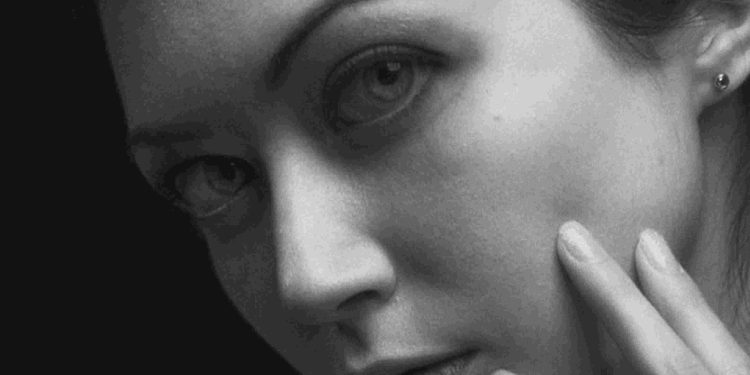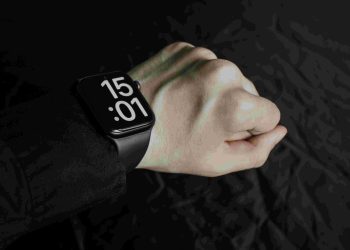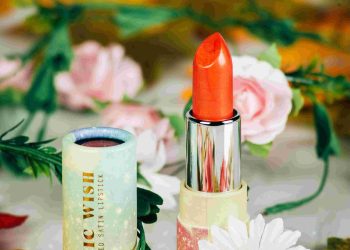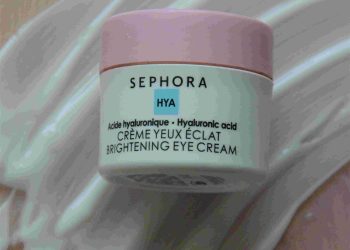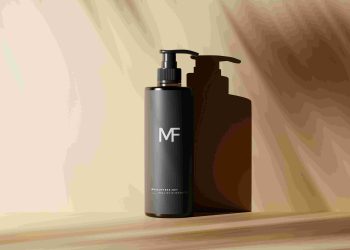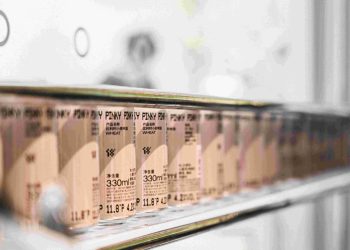Comprehensive Beauty Product Reviews

Opening the Door to Modern Beauty
Do beauty products empower us, or do they shackle us to a notion of perfection? For decades, this question has fueled a complex debate. I recall a moment in my late twenties when, after a long day at work, I stood in front of my bathroom mirror, dabbling a new skincare serum promising “radiant transformation” only to discover weeks later it did little beyond lightening my wallet. Yet, my dissatisfaction wasn’t with the product alone—it was with the assumptions it fueled: flawless skin as a prerequisite for self-worth.
Such experiences are not uncommon in a multi-billion-dollar industry that thrives on hope and aspiration. According to the beauty market research firm NPD Group, the global beauty industry was valued at over $530 billion in 2022, and it continues to grow. But behind this staggering growth lies a potent mix of innovation and illusion, leaving consumers to navigate an overwhelming maze of promises.
The Intersection of Science and Self-Image
Modern beauty products sit at the crossroads of biology and psychology. Advances in dermatology and cosmetic chemistry have created miracles in jars—serums with peptides that stimulate collagen, moisturizers that mimic the skin’s lipid structure, and foundations that blend seamlessly into diverse skin tones. Yet, how much of beauty is skin deep, and how much is dictated by the psychological narratives we build around it?
To better understand this, let’s draw from Maslow’s hierarchy of needs. Self-actualization, the top tier of the pyramid, involves achieving one’s full potential. For many, beauty is intertwined with self-actualization, as it plays a role in professional confidence and social connectedness. However, this can tip into a dangerous cycle where beauty becomes a source of anxiety rather than empowerment, spurred by unattainable standards perpetuated by influencers and brands.
Breaking Down Traditional Wisdom
“Natural is better”—a mantra touted by many in the beauty world. While this advice sounds wholesome, it fails to consider the merits of well-researched synthetic ingredients, many of which outperform their natural counterparts. Retinols, for example, are synthetic derivatives of vitamin A that have shown robust anti-aging effects over decades of research. Alternatively, so-called “clean beauty,” while well-intentioned, often demonizes safe, effective chemicals due to misconceptions.
Another enduring myth is the idea of one-size-fits-all products. In reality, skin types and environmental factors differ immensely across individuals, demanding a more tailored approach. Brands like The Ordinary and Dermalogica are addressing this by creating customizable skincare regimes, a trend that challenges traditional retail models.
The Future of Beauty: Technology and AI
The next frontier in beauty isn’t just about better products; it’s about smarter solutions. Artificial Intelligence (AI) now plays a pivotal role in personalizing beauty experiences. Apps like SkinVision analyze skin types and detect potential skin issues using machine learning algorithms, giving users a scientifically backed routine. Virtual try-on apps, driven by augmented reality (AR), let consumers experiment with shades and palettes without stepping into a store.
Moreover, biotechnology is entering the beauty space, with lab-grown ingredients like squalane and bio-fermented actives offering sustainable alternatives to natural extractions. The integration of tech and beauty exemplifies the industry’s direction—efficiency, personalization, and sustainably sourced innovation.
Practical Tips: Empowering the Consumer
-
Research Ingredients:
Websites like INCI Decoder unravel complex ingredient lists, enabling informed decisions. -
Patch Test:
Always perform a patch test with new products to avoid unforeseen reactions. -
Understand Your Skin Type:
Determine whether your skin leans oily, dry, sensitive, or combination. Choosing the wrong products can hinder results. -
Set Realistic Expectations:
Skincare and cosmetics complement health and confidence; they are not magical solutions. -
Embrace Diversity:
Celebrate the individuality of your skin and steer away from toxic comparison.
Beyond Products: Embracing Lifelong Learning
Beauty is an ever-evolving field that requires consumers to stay informed. Consider it a journey, not a destination. By understanding the interplay of science, psychology, and technology, you’ll not only make better choices but also foster a healthier relationship with beauty itself.
Let’s not forget that personal care extends beyond creams and serums. Mental wellness, nutrition, and social connections are equally pivotal in defining how we present ourselves to the world. After all, true beauty radiates from a combination of inner and outer confidence.


